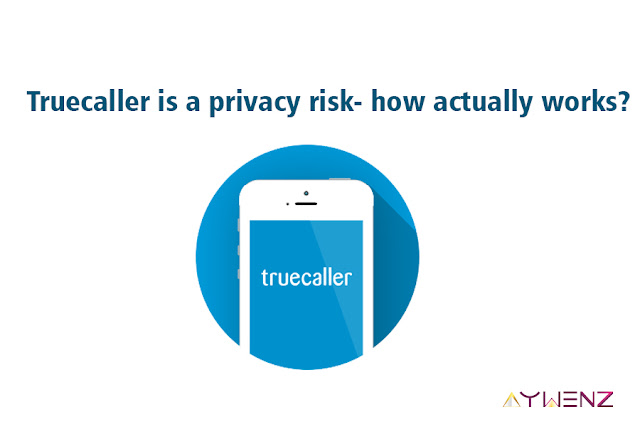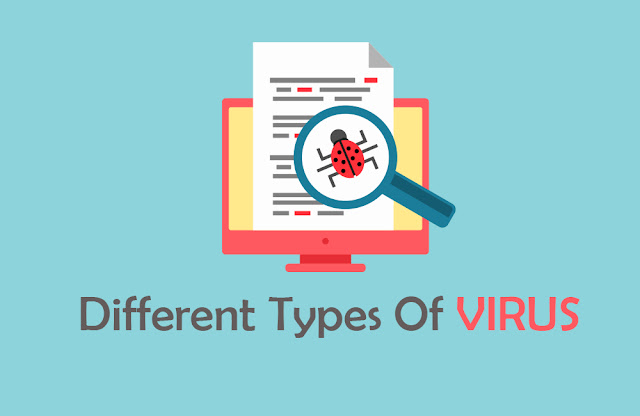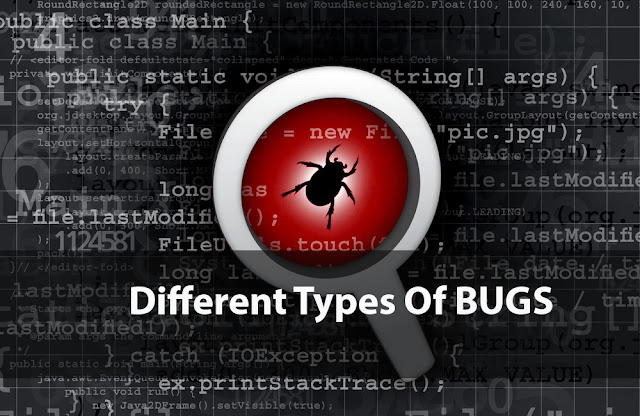Facebook will pay you to report apps that misuse data
Still reeling from the Cambridge Analytica scandal, Facebook has announced a new category in its "bug bounty" program that targets "data misuse" in third-party Facebook apps. “Facebook's bug bounty program will expand so that people can also report to us if they find misuses of data by app developers,” the company wrote in a Monday blog post.So Facebook will pay you to report apps that misuse data.Until now, Facebook's six-year-old bug bounty scheme has focused on rewarding those who find technical security vulnerabilities. Facebook have made some of the following changes and increase its Bug bounty Program 1.Pause app review: Facebook has paused all app reviews as of last week as it investigates apps that gained access to large amounts of user information before the launch of its app review process in 2014. 2.Access to user friends requires Login Review: We are treating user_friends as an extended permission that requires Login Review. Faceb



